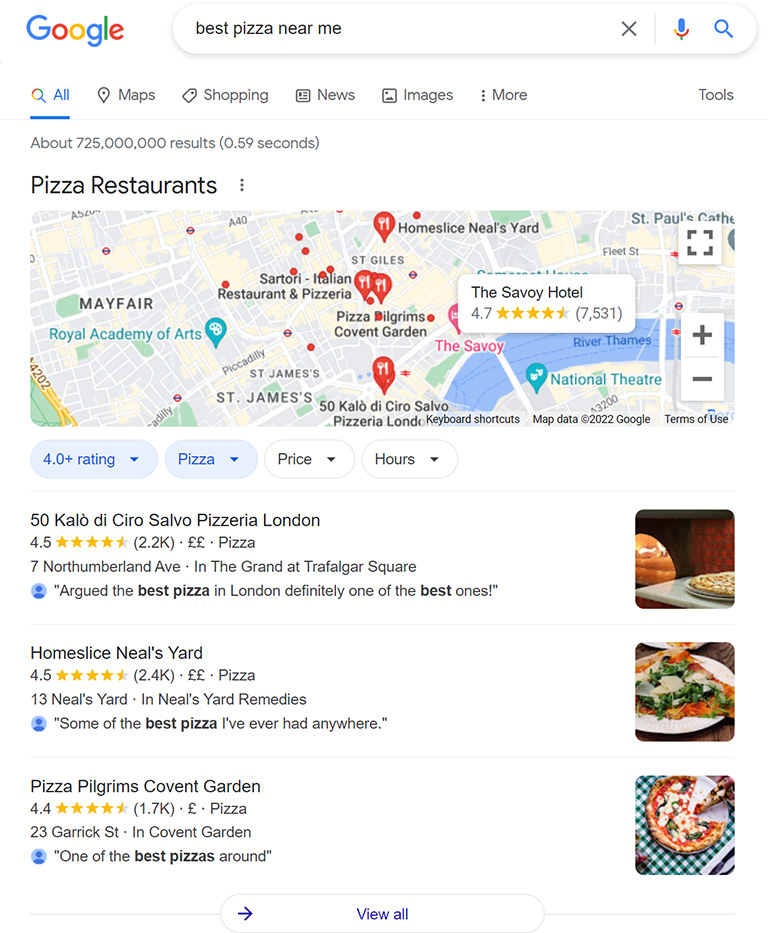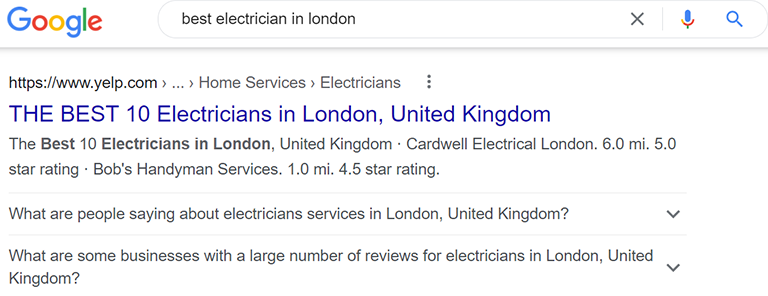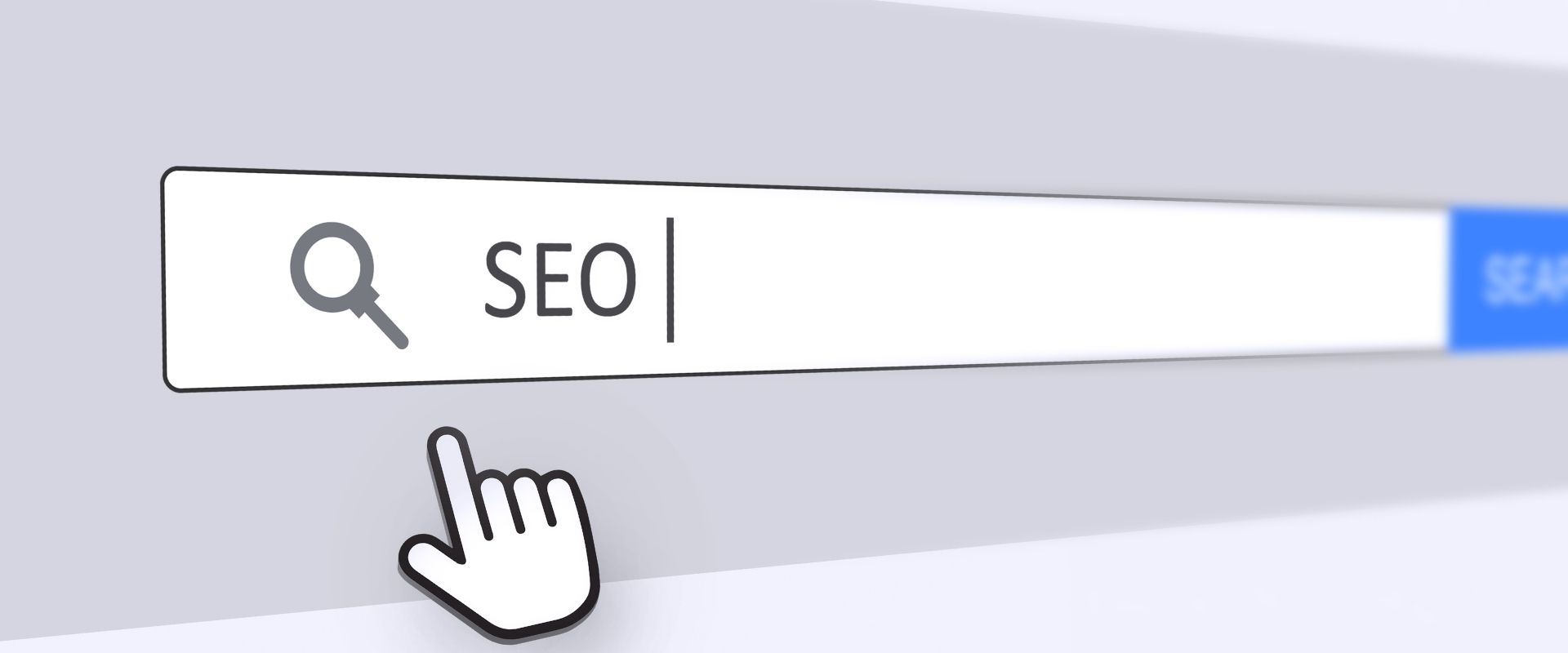Citations are mentions of your business on the web. They are how internet users come across your business’ information and ultimately, get in contact with you. To start attracting high converting local visitors, it’s imperative that the information your citations provide is accurate.
It is estimated that half of all searches have local intent and nearly two third of people who complete a local search on their mobiles visit a business within a day. These statistics show how vital it is to provide easily available Name, Address and Phone number (NAP) to internet users. Doing this will allow you to attract local, high intent customers and increase your conversion rates and traffic.
Local citation building is a core part of a Local SEO strategy. To understand why it’s so important we must first understand this concept.
What Is Local SEO?
Local SEO is an important cornerstone in building revenue and reputation for every business, small or large. People like to deal with businesses in their area and this desire is reflected in the way they search online. As a result, having a strong online presence is a great way of increasing your brand awareness, targeting local customers and driving new revenue. Staying competitive is the key.
Let’s look at the statistics:
- “Where to buy” + “near me” mobile queries grew exponentially during the last 5 years
- Approximately 33% of all mobile searches are related to location
- 86% of people look up the location of businesses on Google Maps
- Nearly 2/3 of consumers who perform a local search visit a store within 8km of their current location
Back in the day, if someone wanted to find the number of their local electrician, they would probably drag out the physical 10kg yellow pages directory and flick through the millions of pages until they found the right phone number.
Today? They’re more likely to use a ‘Local Search’. In this case, that would mean they type “best pizza near me” into Google and then choose a number to call out of those results.

How do you take advantage of that?
Optimising the factors below is all part of a Local SEO strategy and can help to drive local traffic and attracting a target audience to your business and help you become a go-to service provider in your area.
Local SEO optimization includes:
- Keyword Research
- Reviews Management
- Link Building
- On-Page SEO
- Local Citation Building
As well as focusing on these core factors, Local SEO also uses standard SEO practices and localizes them where necessary. For example, if you want to create a specific landing page for each of your business locations, you should still optimize these pages for optimal search engine ranking as normal:
- High Page Speeds
- Keyword Implementation (Keyword + city)
- Link Building
- Technical SEO
- Usability
So now that we understand the importance of Local SEO, let’s take a look specifically at how to get the citation building part done right.
What Is Citation Building?
First up what is a citation?
Let’s use the same example as above. A user typed “best pizza near me” into Google and called a phone number from the results. How did they find the right number to call? They found this number from one of that particular business’ citations – places on the web that mention your business and/or provide relevant business information.
There are two types of citations:
- Structured: e.g Yellow Pages lists your NAP.
- Unstructured: e.g the name of your business is mentioned in a blog.
Citations can be listed in many places:
- Google Business Profile
- Google Places
- Local Chamber of Commerce
- Review sites like Yelp or Trustpilot
- Tourist information sites like TripAdvisor, Airbnb, TriVaGo
- Directories such as Yellow Pages
- Blogs or publications that have mentioned you
What Is a Local Citation?
Local Citations then are citations in websites specific to the location you are targeting. For example, you could list your business with the local Chamber of Commerce or local unions and business associations. These are useful as they will show up for local users and help build trust with your target community.
Citations might be uploaded by your organization (e.g if you claim and update your own Google Business Profile) or can appear without your knowledge (e.g. a blog copies your details from a directory). Either way, it is your job to make sure that your citations provide consistent and accurate information (unless you outsource it… but more on that later!).
What Kind of Information Is in a Citation?
When someone performs a local search they are more likely to engage with a business that has a combination of the following factors easily visible and available online:
- Google Business Profile
- Reviews
- Contact Information
- Location and Direction
- Opening Hours
- Images
- Social Media Channels
These are all details that a business citation can contain. The more reliable information that a user can quickly and easily find about your business increases the likelihood of generating business from them.
Therefore you need to make sure that your business’ information is easy to find online, and more importantly that the information is accurate. To achieve this you need to keep your citations up to date.
Local Citation Building
Next up, what is Local Citation Building? Citation Building is the process of cleaning up existing citations, deleting duplicate citations, creating new citations and managing all citations going forward.
There are three types of online places that contain business citations:
- Local Business Data Platforms (All industries) – Google Business Profile, Acxiom, Infogroup, Localeze
- Geographical Directories – Chamber of Commerce, Guilds, Associations
- Other Websites – Blogs, Press Articles
Your business should have citations on all three types. Assess which sites will be most relevant to your users and your business and make sure that you have a citation there. The most important citations to make sure that you have are:
- Google Business Profile
- Yelp!
- Yellow Pages
- Manta
- Mapquest

How to Build Local Citations:
- Step 1 – Claim/update/build citations on the most important sites listed above. Go straight to the important sites. Having your citations on the most important sites can boost your local traffic from the get-go. Do this first and then work on building other citations later.
- Step 2 – Search for your existing citations. Your business may already be listed on several platforms and cited in various publications. Search your business and analyse the results. It is important to find any inaccurate data, so try searching for your business name + old phone numbers/old addresses too.
- Step 3 – Claim other existing business page listings. Claim citations that already exist. Verify that you are the owner of that listing. This is often done with a phone call, email or postcard, and a pin code that you will confirm.
- Step 4 – Clean up incorrect citations. Once you have claimed your business listing, update the info to create a consistent business profile. Contact the host of the citation and request a change (usually done by filling out a form).
- Step 5 – Research competitor listings. Competitor analysis is key to business growth. Find out where your competitors have their citations listed and assess whether you should implement the same steps.
- Step 6 – Build new citations. The average number of citations for local businesses in the top 10 SERP positions is 81. Your citations should be accurate, high quality and include the most popular citation sites and localized sites.
Tools for Building Local Citations
Managing citations can be a huge task. It can be undertaken manually on a small scale but often the constant management that is involved leads businesses to automate or semi-automate the process.
Here we have gathered a list of tools to help you do build high quality citations on a larger scale:
- Moz Local
- Whitespark
- Uberall
- Yext
- BrightLocal
- Synup
- SEMrush
Check out our blog post Google SEO Tools to find some other useful SEO tools to take your online presence to the next level.
Why Is Citation Building Important for Local SEO?
So now we know how to build citations. But why are they so important? Because when people search with local intent, they search with high intent. People who want to buy a product or service usually want to do so locally. Yes, eCommerce is booming, but people still want to do business in their communities.
Local searches have high conversion rates. When people search “service + near me” or “keyword + city” it probably means they want to make a purchase and want to find the best, local option to do so. High intent means people want to do business in the immediate future. And what do they need to do that? Yes, you guessed it, your NAP. (Name, Address, Phone number, in case you forgot!)
As part of Local SEO we should want to make it as easy as possible for the users to make a purchase with our business. This means:
- Give them your NAP
- Show them reviews
- Tell them your opening hours
- Give them directions to your building
- Share your social channels
Citation Building is an inherent part of capturing local traffic. It makes sure your business information is up-to-date and easily available for high intent, local searchers.
The Risks of Not Managing Your Citations
There are two main reasons for businesses to develop and manage an accurate and reliable bank of citations: customers and ranking in Local SERPs.
Customers
If a potential customer finds conflicting opening hours and contact information for your business online… they won’t know which information is correct and will move on to a competitor who has provided more consistent details.
We cannot stress enough the power that managing your local citations can have in helping your business grow organically. People will respond to businesses that maintain their online presence. Accurate citations and listings will help win you local customers and boost your brand reputation.
Ranking in Local SERPs
Google won’t rank you high in search results if your business is represented by conflicting information on the web. As mentioned before, citations for a business can often appear without the knowledge of the business owner. This happens with the natural flow of information on the world wide web.
There are many ways that business citations can occur without your knowledge. As this information is not coming directly from your business, it can often be incorrect or outdated. Have you changed your opening hours or address or phone number recently? 3rd parties won’t keep track of that and can’t be relied upon to update your citation.
Inaccuracies give Google a bad impression of your business. And that’s not good for rankings. Google will promote businesses that provide a consistent and holistic profile across every platform. They don’t want to show searchers confusing information. The volume of accurate citations that you have can help your SERP rankings. To make sure that your business ranks high in local searches you need to optimize and manage your citations across every medium.
Final Thoughts
Local SEO is a pivotal topic that businesses of all sizes should be focusing on. With Voice Search taking search engines by storm, and leaning heavily towards local search intent, the need for Local SEO is only growing.
Citations is one aspect that businesses can work on to improve their rankings and drive local, organic growth, online and offline. If a business were to take away one key learning from this blog post,it should be to claim and update your Google Business Profile, as this is the most impactful and widely used citation listing available.





















